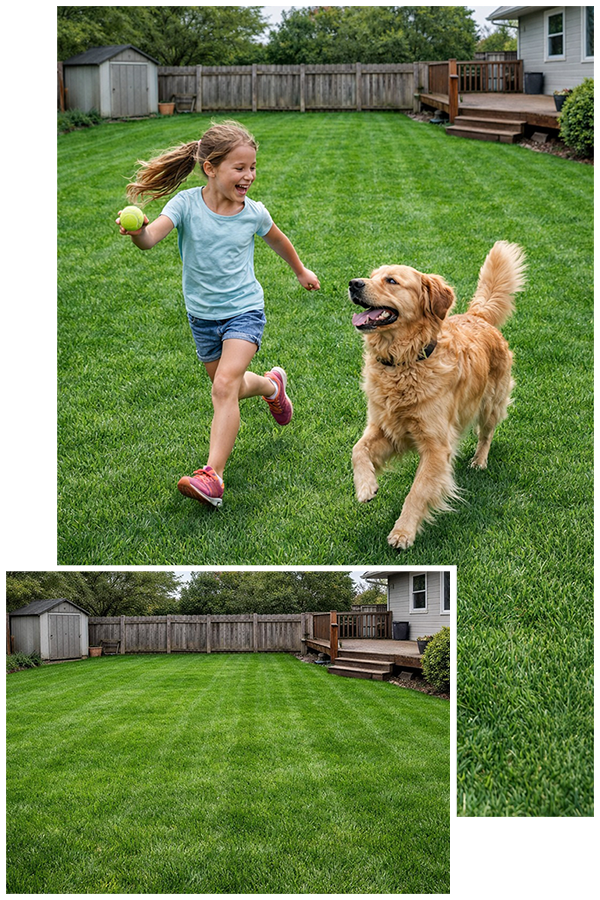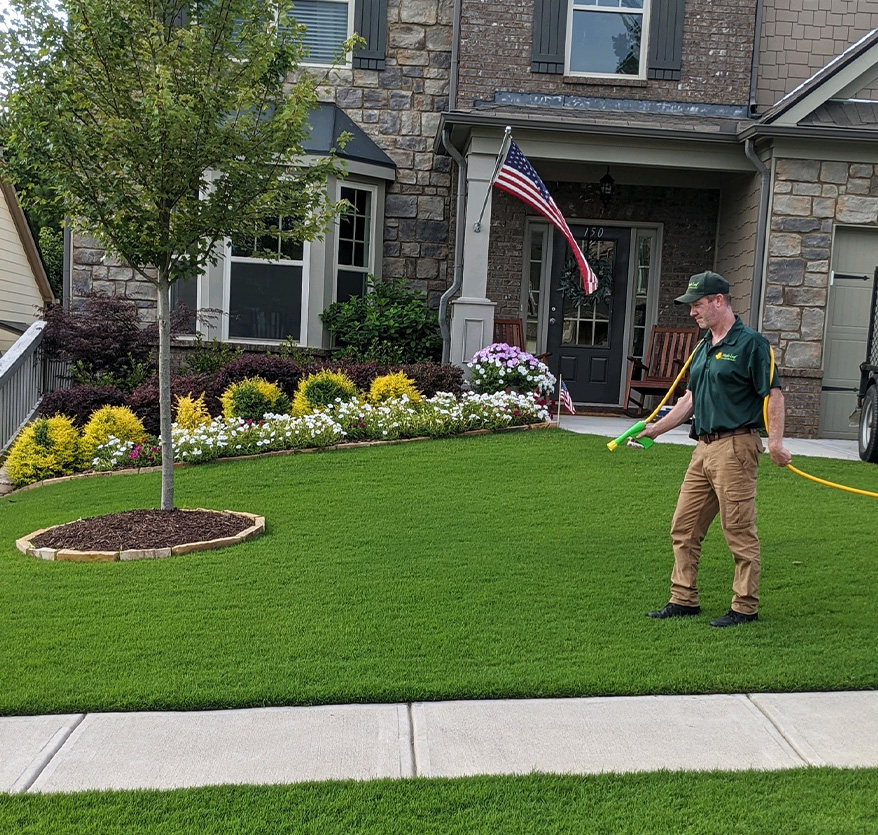Serving Homeowners & Businesses Since 2000


Based in the heart of North Atlanta, Georgia, Maple Leaf Lawn Care & Pest Control is proud to serve the community with exceptional pest control and lawn care services. Whether it’s safeguarding your home from unwelcome critters or ensuring your yard is the envy of the neighborhood, we’re here for you.
We specialize in understanding the unique challenges of North Atlanta, Georgia’s environment, from its beautiful, dense greenery to its changing seasonal demands. Since 2000, we’ve been helping families and businesses enjoy their spaces with confidence. We’re not just a service provider — we’re your neighbors, your lawn’s best friend, and your home’s protector.
Call (770) 794-7444 or reach out online to request a fast and free quote. We service areas in and around Marietta, Cumming, Cartersville, Canton, and Jasper.


We work with you to create lawn and pest solutions that fit your home and lawn needs.
Our technicians are knowledgable & dedicated to doing their job with excellence.
We have over 20 years of local, lawn care & pest control solutions.
We build trust with our customers by delivering outstanding results.

At Maple Leaf Lawn Care & Pest Control, we’re well-versed in dealing with a wide variety of property invaders. Here’s a look at some of the critters we commonly treat:
|
|
These pesky intruders often take advantage of North Atlanta, Georgia’s inviting environment, making it crucial to have a team like ours on your side. We’ll apply thoughtful, effective strategies to address issues while emphasizing prevention to minimize their return.
Turn heads in your neighborhood with a lawn that’s the talk of the town! We specialize in creating lush, vibrant yards that win awards and admiration.
Here’s how we do it:



Your satisfaction is at the heart of everything we do. Our work isn’t just about removing pests or creating stunning lawns; it’s about making sure you’re happy with the outcome.
We’re proud to say that this level of care stems from the same values that define us as a veteran-owned business. Our founder, a Marine Corps Sergeant, brought his dedication, discipline, and integrity into Maple Leaf Lawn Care & Pest Control when it was established. These principles guide how we serve our community, build our team, and treat every customer with the respect they deserve.
Wondering why so many homeowners and businesses choose us? Here’s what makes us stand out:
Act now and save 50% on your first service
call (770) 794-7444 or connect with us online!

At Maple Leaf Lawn Care & Pest Control, your satisfaction is our priority! See for yourself what our customers have to say about working with us.